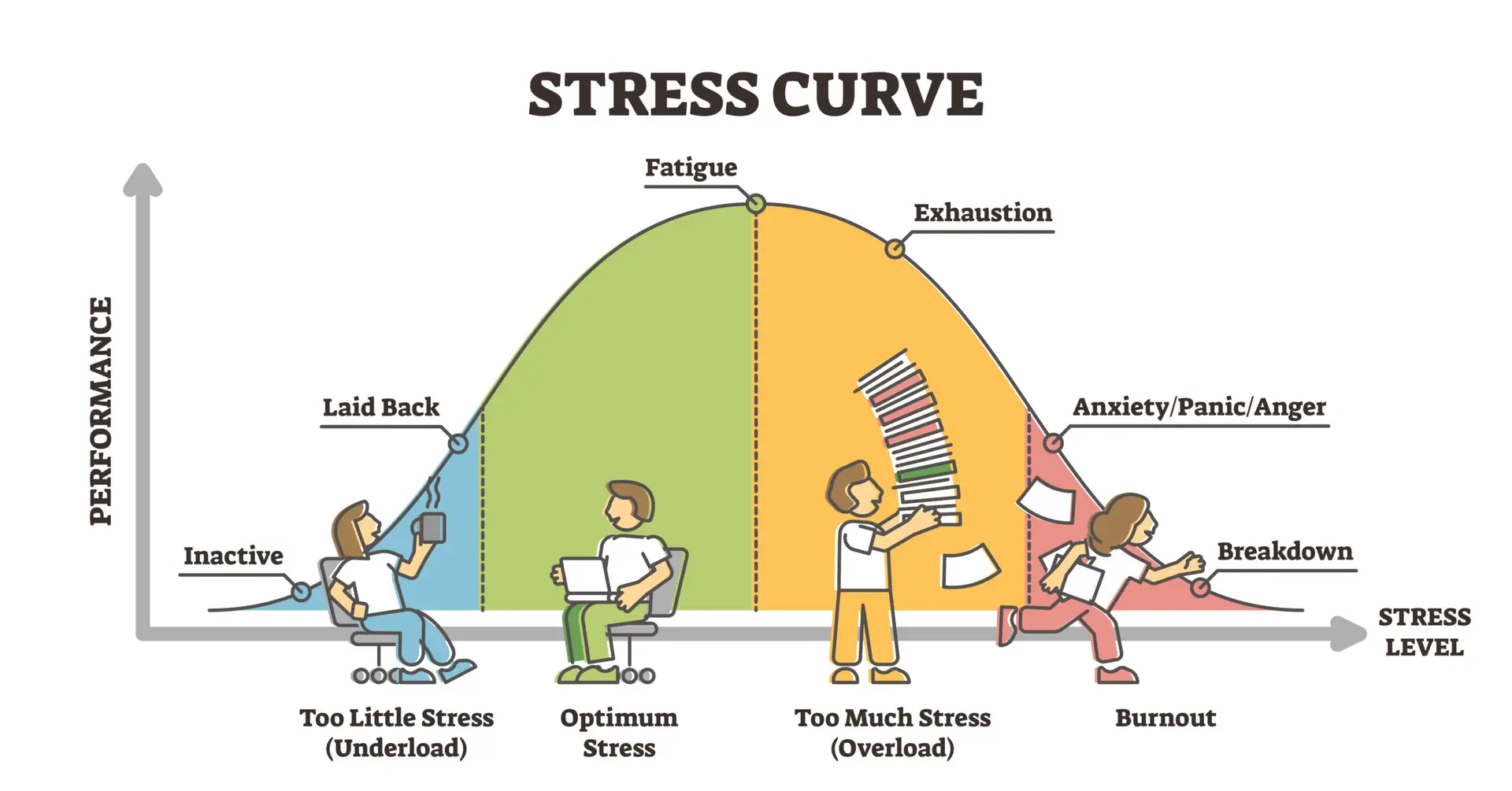In today’s interconnected and rapidly evolving global landscape, knowledge has become a currency of unprecedented value. The rise of the knowledge economy, characterized by the production and consumption of knowledge-based goods and services, has transformed the way we work, innovate, and create value. In this article, we delve into the concept of the knowledge economy, exploring its implications, opportunities, and challenges in shaping the future of society and business.
Defining the Knowledge Economy
The knowledge economy represents a shift from traditional industrial economies, where wealth was primarily derived from tangible goods, natural resources, and physical labor, to an economy where knowledge and information are the primary drivers of growth and prosperity. In the knowledge economy, intellectual capital, innovation, and human creativity are paramount, driving productivity, competitiveness, and economic development.
The Rise of the Knowledge Economy
The transition towards a knowledge economy is not new. Its emergence can be traced back to the late 20th century, fueled by rapid advances in ICT and globalization. This trend has accelerated in recent decades, with statistics highlighting its impact:
- The OECD reports that knowledge-intensive services now account for more than 70% of GDP in developed economies.
- The World Bank estimates that the global knowledge economy contributed over $8 trillion in added value in 2020.
- Jobs requiring higher cognitive skills are steadily growing, while routine manual jobs are declining.
Key Characteristics of the Knowledge Economy
There are several key characteristics distinguish the knowledge economy from its predecessors:
- Focus on Intangible Assets: As mentioned, in the knowledge economy, intangible assets such as intellectual property, patents, and brand equity hold greater value than physical assets. Companies and individuals alike invest in knowledge creation, innovation, and research and development to drive growth and competitive advantage.
- Emphasis on Lifelong Learning: Lifelong learning is essential in the knowledge economy, as individuals must continually adapt and acquire new skills to remain competitive in the job market. Education, training, and professional development are critical for fostering a skilled workforce capable of driving innovation and driving economic progress. This serves a culture of continuous learning and up-skilling.
- Role of Information and Communication Technologies (ICT): Information and communication technologies play a central role in the knowledge economy, enabling the creation, dissemination, and exchange of knowledge on a global scale. Digital technologies, such as the internet, artificial intelligence, and big data analytics, empower individuals and organisations to access information, collaborate, and innovate more efficiently than ever before.
- Globalisation and Connectivity: The knowledge economy is inherently globalised, with interconnected networks of individuals, organisations, and economies collaborating and competing on a global scale. Cross-border flows of information, talent, and capital are driving innovation, entrepreneurship, and economic growth, transcending geographical boundaries and fostering greater economic integration.
- Innovation and entrepreneurship: Encouraging new ideas, inventions, and businesses that leverage knowledge-based solutions.
- Research and development: Due to its innovative nature, knowledge economy supports investing in scientific and technological advancements to generate new knowledge and applications.
“In the new economy, the currency is no longer just money, but also knowledge, information, and innovation.” – Klaus Schwab, founder and executive chairman of the World Economic Forum
Opportunities and Challenges of the Knowledge Economy
The knowledge economy presents a myriad of opportunities for individuals, businesses, and societies, including:
- Innovation and Creativity: The knowledge economy fosters a culture of innovation and creativity, enabling individuals and organisations to develop new products, services, and solutions to address pressing challenges and meet evolving consumer needs. This leads to economic growth as well as societal progress.
- Entrepreneurship and Economic Growth: Knowledge-intensive industries, such as technology, healthcare, and finance, drive economic growth and job creation, fueling entrepreneurship and fostering dynamic, resilient economies. Knowledge-based ventures and startups can thrive in an environment that values innovation and creativity, leading to a ripple effect of generating a culture of continuous innovative enterprises.
- Social and Human Capital Development: Investment in education, skills development, and lifelong learning enhances human capital, empowering individuals to unlock their full potential and contribute meaningfully to society.
- Globalized workforce: Remote work and collaboration tools create new employment possibilities beyond geographic boundaries.
However, the knowledge economy also presents several challenges, including:
- Digital Divide: Disparities in access to information and communication technologies can exacerbate inequalities and widen the digital divide, limiting opportunities for individuals and communities to participate fully in the knowledge economy.
- Skills Mismatch: Automation and AI might require workforce adaptations and potential job losses in specific sectors. This is because the rapid technological advancements and changing skill requirements can lead to a mismatch between the skills demanded by employers and those possessed by the workforce, resulting in unemployment and underemployment.
- Privacy and Security Concerns: The proliferation of digital technologies raises concerns about data privacy, cybersecurity, intellectual property, and the ethical use of information, posing risks to individuals’ rights and societal well-being. This means governments and policy makers need to keep up with the latest and greatest from the knowledge economy locally and globally and be ready to enforce ethical executions. As we get closer digitally, and our intelligent technology gets more advances, setting up precedence for taming the knowledge economy and understanding long term impacts is critical to sustaining its power.
“The knowledge economy will only be as fair as the access to knowledge is.” – John Naisbitt, futurist and author
Navigating the Knowledge Economy
As we navigate the complexities of the knowledge economy, it is essential to embrace a holistic approach to education, innovation, and economic development. Key strategies for success include:
- Investing in Education and Skills Development: This means prioritising education, training, and lifelong learning to equip individuals with the knowledge and skills needed to thrive in the knowledge economy.
- Fostering Innovation Ecosystems: Creating supportive environments that foster innovation, entrepreneurship, and collaboration among academia, industry, and government to drive economic growth and societal progress.
- Promoting Digital Inclusion and Accessibility: Ensuring equitable access to information and communication technologies to bridge the digital divide and empower individuals and communities to participate fully in the knowledge economy. Transparency and awareness are key to meeting this objective.
- Safeguarding Privacy and Security: Implementing robust data protection measures, cybersecurity protocols, and ethical guidelines to safeguard individuals’ rights and mitigate risks associated with the proliferation of digital technologies.
In conclusion, the knowledge economy represents a paradigm shift in how we create, share, and utilise knowledge to drive economic and social progress. By embracing lifelong learning, fostering innovation, and promoting digital inclusion, we can harness the transformative power of the knowledge economy to create a more prosperous, equitable, and sustainable future for all.





